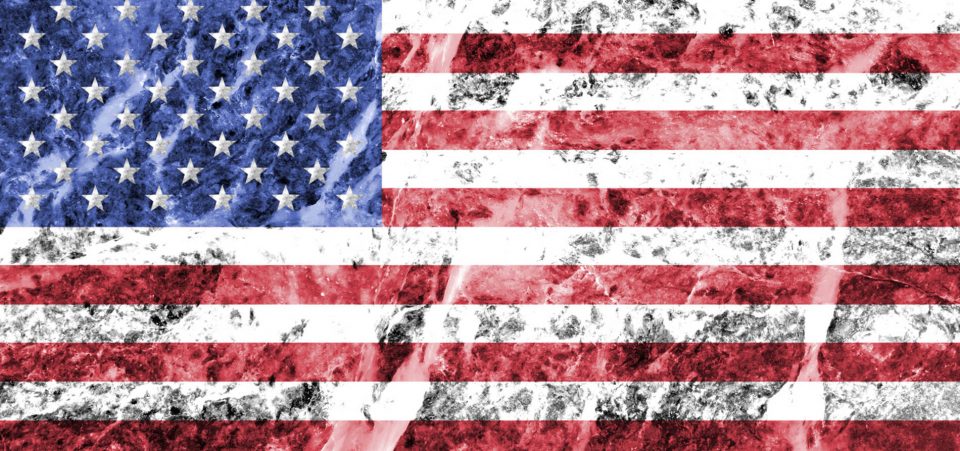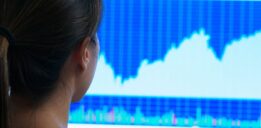Faber Says Wall Street Is Too Bullish, and That a 40% Stock Market Crash Is Coming
Full speed ahead. But not for long. Investors on Wall Street might be feeling like astronauts these days. The Dow Jones has explored heights nobody ever expected a year ago. It’s now heading towards 21,500; a year ago it was below 17,500. That’s a gain of some 25%. But famed investor Marc Faber, known as “Dr. Doom,” expects a stock market crash of epic proportion.
It’s not unusual. Marc Faber predicting a stock market crash is what earned him the reputation as Dr. Doom. Indeed, he is predicting a massive stock market crash with at least a 40% contraction. (Source: “It’s going to end ‘extremely badly,’ with stocks set to plummet 40% or more, warns Marc ‘Dr. Doom’ Faber,” CNBC, June 24, 2017.)
So, to the question: Will there be a financial crisis in 2017?
The U.S. market seems to be destined to run out of fuel, according to Marc Faber’s economic predictions. The fact is that Faber has every reason to be right and every reason to be wrong. The problem is that most people are investing and pushing share values higher without a thought. The market has been gaining as if by accident.
Also Read:
Soros, Faber, and Rogers: 3 Experts Predict Stock Market Collapse in 2017
President Donald Trump has promised to cut taxes and invest in America. But so far, the only piece of legislation that he has been able to push is a milder version of his original travel ban. Does that benefit you in any way? No, it doesn’t. It actually produces no economic or political benefits whatsoever. If anything, some airlines, hotels, and restaurants in the United States are going to lose potential revenue, given that fewer travelers will visit.
Meanwhile, the Federal Reserve appears determined to continue raising rates. But, mostly, there isn’t even a shadow of tax cut prospects and infrastructure investments dictated by the Trump agenda. The only phenomenon that appears to be happening is a peculiar one.
The big stocks are pulling all the rest. That is, the optimism surrounding the future earnings of companies like Apple Inc. (NASDAQ:AAPL), Amazon.com, Inc. (NASDAQ:AMZN), and Alphabet Inc (NASDAQ:GOOG) has spread to the rest of the market. It’s as if by osmosis, the tech stocks are spreading their good fortune.
Marc Faber Has a Warning About Those Tech Stocks Everyone Likes
The problem, as Marc Faber is implying, is that even big-name Silicon Valley stocks are flying too close to the sun and are about to get burned. The implication of Faber’s stock market crash predictions is that all investors risk losing half of the value of their portfolios. Faber has been right before and he has been wrong, but you cannot ignore his point. (Source: Ibid.)
The markets are surging more on the back of popular psychology than market and economic indicators. It’s no surprise that the “tech” stocks are the locomotive of the recent record Dow Jones peaks. Popular culture has raised the image of tech stock CEOs, and everybody uses such products as Facebook Inc (NASDAQ:FB) and Google (owned by Alphabet). But what products do they produce? They are advertising revenue generators.
Other than the defense sector industrials, the companies that actually make things and employ people are suffering and seeing little of the gains that the techs are hoarding. The concentration of attention on a handful of stocks has fueled an addiction. It’s the same addiction that fueled the dotcom bubble in the 1990s.
The possible distinction now is between old tech and new tech. The former refers to companies such as Apple, Microsoft Corporation (NASDAQ:MSFT) and many software companies. These are generally mature companies that make and sell things directly. They are still producing golden eggs with relatively cheaper ratings.
But, it’s the second wave of companies like “Snapchat” owner Snap Inc (NYSE:SNAP) and others—even Facebook—that could burst the bubble. They are absurdly expensive and reflect investors’ current irrational exuberance. Investors, it seems, will only wake up from this dream/nightmare when the tech bubble produces a deafening sound as it bursts.






